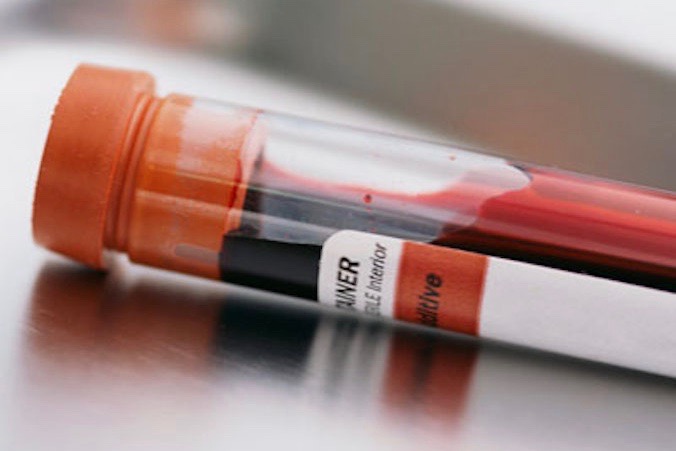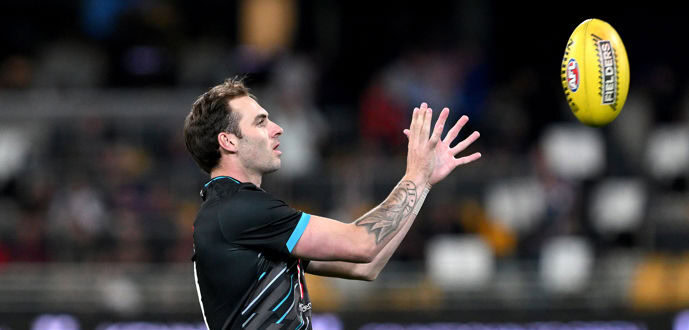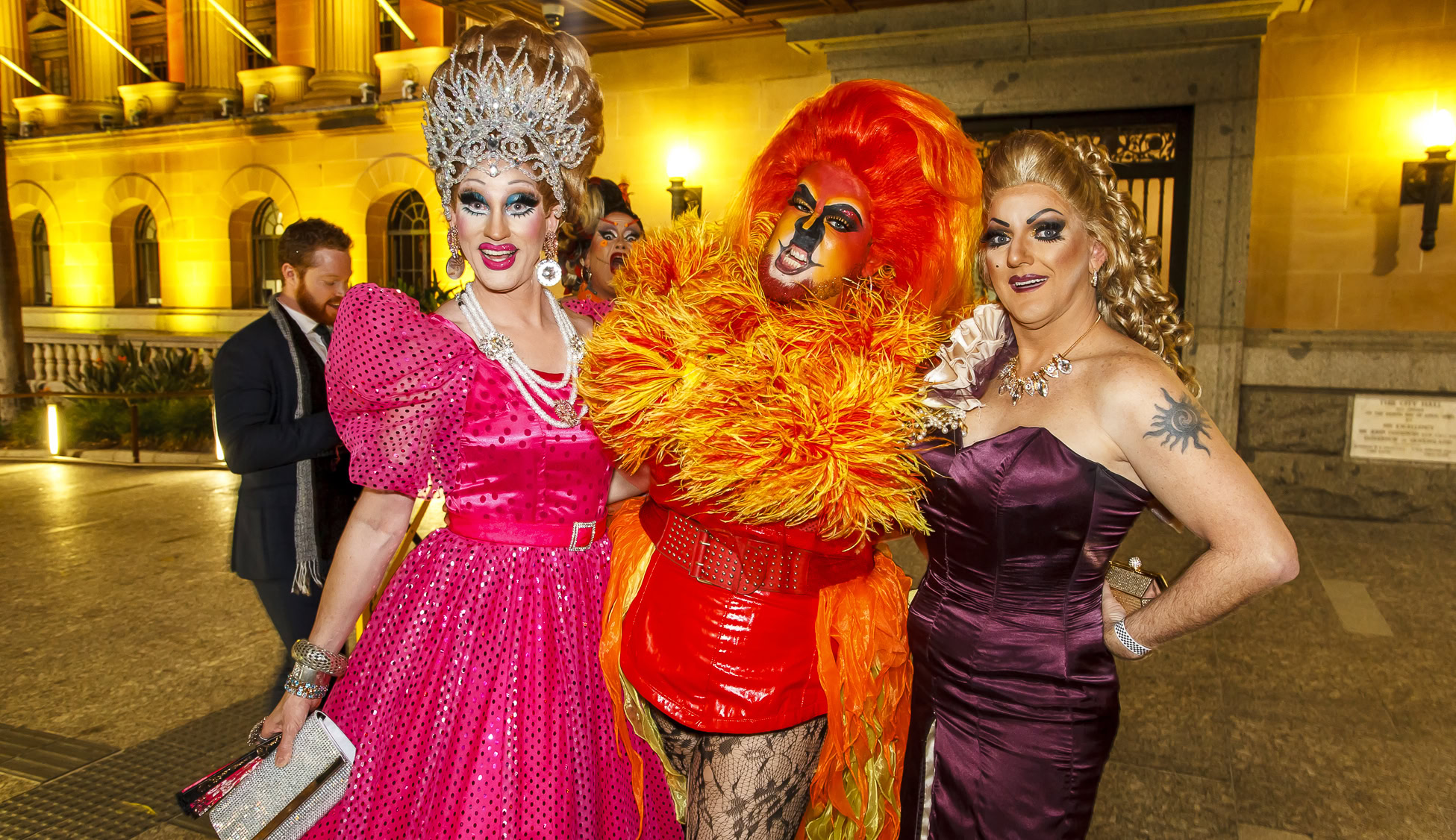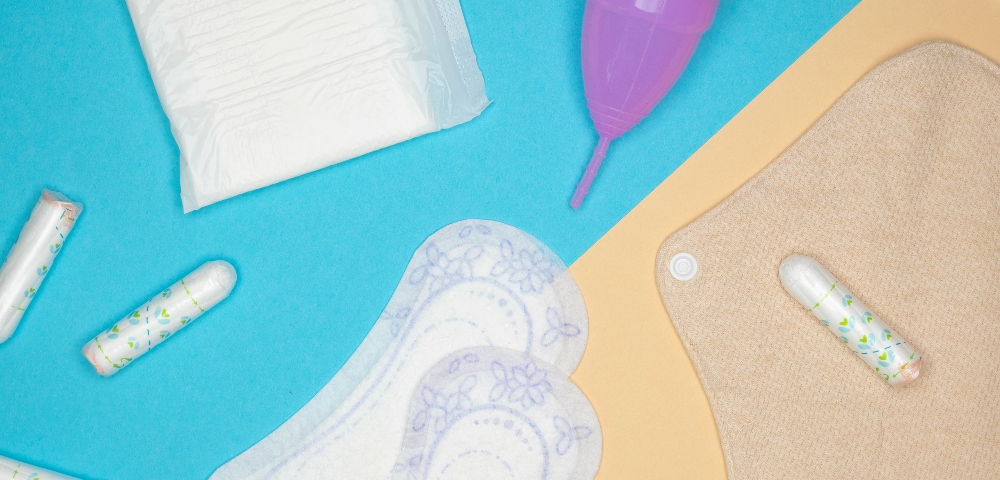
Renewed call to scrap gay blood ban

A Canberra medical student has launched a new petition campaign calling for an end to the current ban on gay men donating blood in Australia that has already attracted 5,000 signatures.
Ky Ruprecht started the #AllOurBlood campaign on Change.org to protest the current Therapeutic Goods Association regulations, upheld by the Australian Red Cross, that prevent men who have had sex with men in the last 12 months from donating blood.
Ruprecht told the Star Observer that he and his nurse partner Connor Lynch are not allowed to donate during blood drives because they are in a same-sex relationship, despite being monogamous.
“The current policy affects and unnecessarily excludes so many people from the LGBTIQ community,” he said.
“We questioned why we are still employing a policy based on science from almost 20 years ago.
“We’re hoping to spark a conversation about ways to safely increase the blood supply given the constant shortage, and discuss why deferring all gay and bi men as well as trans people who have sex with men for 12 months is problematic in 2019.”
One supporter complained that gay men’s blood is discarded after being taken for medical reasons.
”I’m a nurse and know of multiple gay men with haemochromatosis, a genetic condition which results in iron overload,” wrote Anikee Mallis.
“The treatment for this condition is simply to get rid of excess iron by regularly donating blood.”
“Every time they blood let, all their life-saving blood goes to waste, regardless of their individual risk level. This is archaic discrimination that directly impacts the broader population.”
Ruprecht said a key problem with current policy is the disparity between the window for testing for HIV and the deferral period for blood donation.
“The principle behind a deferral period is to account for a window where a disease can potentially remain undetectable in the body,” he said.
“A three-month deferral is now widely considered to exceed what is required to maintain blood safety, given the scientific testing employed by the blood service.”
The Red Cross has reported the risk of HIV transmission to be less than one in a million, given a window period of just six days.
“The disparity between the current deferral and the actual window period only serves to unnecessarily exclude a proportion of healthy potential donors,” said Ruprecht.
“Given the increased demand for blood products in Australia and reported shortages, it seems pertinent to consider ways to increase the blood donor pool without compromising safety.”
Ruprecht added that the ban reinforces problematic stereotypes about the LGBTQI community.
“Men who have sex with men… are immediately triaged as ‘high-risk sexual behaviour’ and are deferred from donating for 12 months, irrespective of the circumstances of the encounter,” he said.
“This means monogamous gay men who are negative for any blood-borne diseases cannot donate. Men who use protection or are on PrEP cannot donate. No concession is given to monogamy or safe sex.”
“Heterosexual donors can engage in unprotected sex with multiple partners and are trusted to decide if their exposure risk compromises the safety of their donation This is a privilege not extended to queer men.”
The #AllOurBlood campaign is just the latest to call for change.
A group of student activists in 2017 launched Let Us Donate, calling the criteria for blood donation “homophobic”, “discriminatory” and “outdated”.
Another campaign by AFAO last year used the message “In Australia, donating blood only hurts if you’re gay”.
ACT Labor MLA Chris Steel is also an advocate for change in policy, calling for the Therapeutic Goods Administration to update its criteria in line with current science.
“We’re told by the national blood bank’s campaigns that there is huge demand for blood, but at the same time a significant number of Australians are barred from donating blood safely,” Steel told the Star Observer.
“The times have changed, the technology and evidence has changed, but the discrimination against gay men remains as a hangover from the height of the AIDS epidemic.
“Even gay men in low-risk monogamous relationships are excluded from giving blood, despite countries like Denmark abolishing the deferral period entirely for this group.
“If the Therapeutic Goods Administration rejects the expert recommendations of the Red Cross Blood Service, a Federal Parliamentary inquiry is necessary to provide scrutiny to their decision.”
You can sign the petition at https://www.change.org/p/screen-for-individual-risk-not-sexuality










The science behind this archaic policy does not wash and stack up in 2019, remove this draconian gay ban immediately by Christmas please! I personally could not donate to my own straight brother, who needed life-saving blood back in 2016 – how bloody stupid is that? He died just last week on Monday on unrelated matters – thanks for absolutely nothing Red Cross, TGA, ScoMo and the federal health minister.
So in 2019 gays who are excellent mates can get married, but can not still donate blood! This is just archaic, crazy and drown right 1980-era draconian I will say. Who can hold off sex for 1 year honestly people, just to donate blood. A gay farmer living just 30km outside of Dubbo committed suicide last week and a month ago his mother died in a car crash near Narromine. I went with him to the Red Cross to donate blood and he got knocked back immediately after filling out the dreaded form. I refused with him since he is a good mate of mine and always leaded a hand on other people’s farms with water in the worst draught in living memory! Government administration busybodies and red tape is killing this once great country that has now gone to Pluto in a handbasket.
There is no ban on guys signing up to donate stem cells / bone marrow! So if the ban on blood upsets you, make sure you go and sign up for blood stem cell donation! https://strengthtogive.org.au
Please let the gays donate blood.
Time to repeal this silly outdated policy immediately in 2019! I am refusing all blood and seriology testing – until the ban is lifted immediately under further notice.